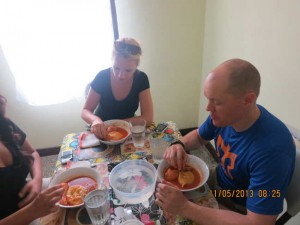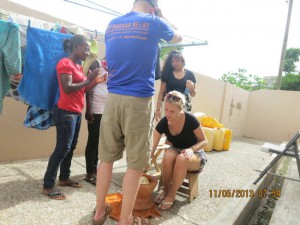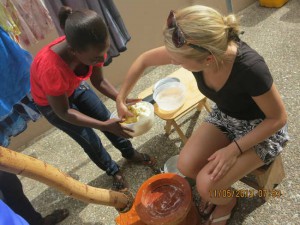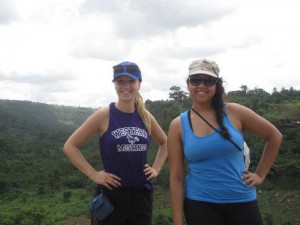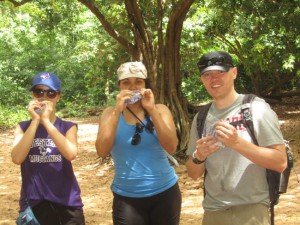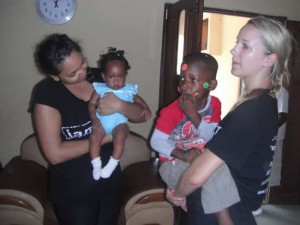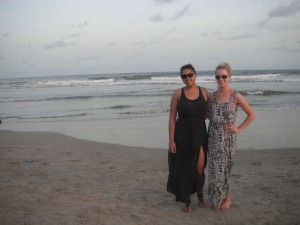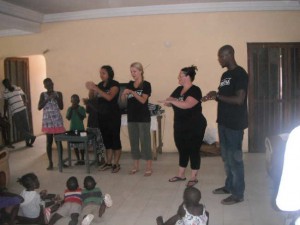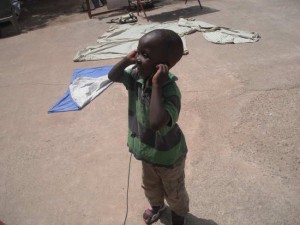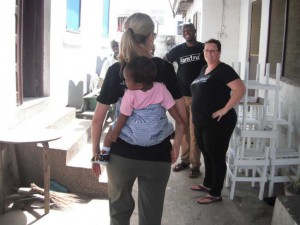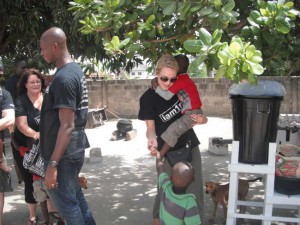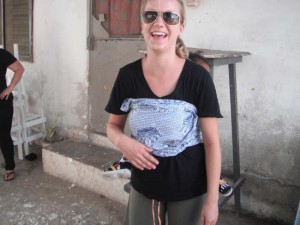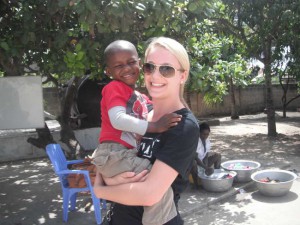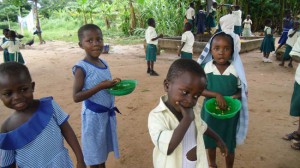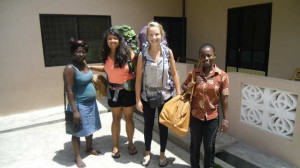If you’ve ever touched down on a piano key, you’ve likely already touched a little piece of Africa known as the Ebony Tree. However, this tree serves purposes other than the development of the piano key. Elephants, for example, use this tree to scratch their backs against, giving it the traditional name of the ‘Elephant Comb.’ Despite the perception that this would need to be a large, solid tree, it only reaches a height of 30 feet and a diameter of one foot. This small tree that is often found in solitary existence is strong, does not break under pressure and is only a small but significant existence amongst the greater rainforest it belongs to. What I have learnt of Ghana is that this tree and this country share many of the same roots.

Ghana is laden in a presence of strength, with a history that has largely shaped the culture that exists today.
As only a small part of the greater Africa, Ghana is accepting, safe and saturated in its own unique beauty. Just as the Ebony Tree produces nitrogen, Ghana offers a breath of fresh air.
My name is Amy. I am a 24-year-old Registered Nurse from Ontario, Canada pursuing my graduate studies. As fulfilling as life may sometimes seem in North America, a part of me often remains feeling unfulfilled. International work challenges me, reminds me of my ignorance of what lays beyond the four walls I live in and stimulates my passion to learn about the authenticity of humanity, culture and our global environment.
uVolunteer has facilitated for me the open door to leave the four walls we as a society become so accustomed to.
As a young female, the program has offered a safe avenue for travel to a developing nation for a month. The program received excellent reviews was affordable and catered to what I hoped to fulfill on this trip.
As a nurse in a public, regional hospital in rural Koforidua, my learning was exponential. First and foremost I experienced a paradigm shift as I began to recognize the vast differences in healthcare from that of what I know back home. Coming from a developed nation, the challenges that lie at the forefront of healthcare in Ghana are largely unseen in Canada. The lack of resources, attention to spirituality and holistic medicine, hegemony of the healthcare system and the political challenges are deeply embedded in the culture here. The vast differences allowed for the co-exchange of nursing techniques, ideas, stories, and laughter. But most enlightening was learning of the characteristics of Ghanaian healthcare that I hope never change.
The collectivist nature of the country intimately links families and their loved ones while in the hospital. The holism allows space for spirituality and natural approaches to medicine.
The patients lack money to fund their health care needs and the lack of healthcare resources illuminates the sheer excellence of the physicians and their authentic drive to help others. Lastly, I struggle to find the words to truly describe the courage and resilience the lives of the people of Ghana as they face healthcare challenges.
If you are considering a life-changing trip to Ghana, I will leave you with this:
– Have an open mind and open heart- take in the country and the people with all of your senses.
– Be patient and kind with yourself- this trip will challenge you. Reflect on your experiences and give yourself the time needed to adjust.
– Have fun, laugh, and distance yourself from the life you live back home. I can guarantee that after experiencing the country, leaving Ghana will be harder than the challenges of coming.

